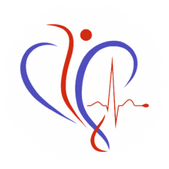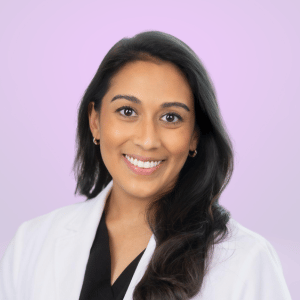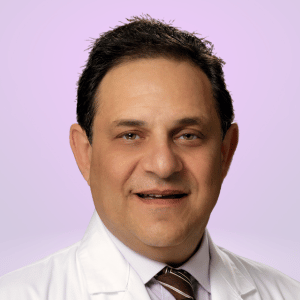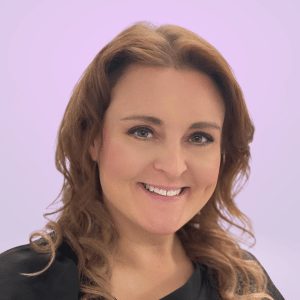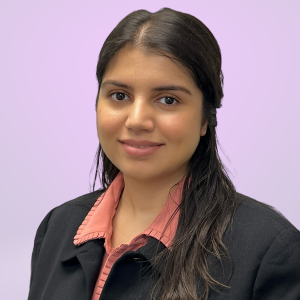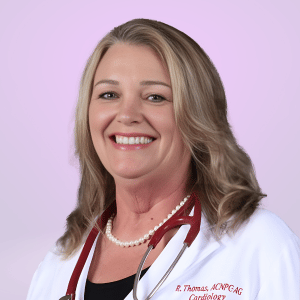Skip The Waiting Room!
Book Online Before You Arrive.
We have up to date schedules, contact information, & let you book appointments online.

What Are Varicose Veins?
Varicose veins are enlarged, twisted veins that commonly occur in the legs. They develop when the valves within veins weaken or become damaged, causing blood to pool and veins to swell. While often considered a cosmetic concern, varicose veins can lead to discomfort and serious complications if untreated.
At Champion Health System, we specialize in advanced, minimally invasive treatments to restore the health and appearance of your legs.
Why Address Varicose Veins?
- Relieve Symptoms: Alleviate discomfort, swelling, and heaviness in the legs.
- Prevent Complications: Untreated varicose veins may lead to ulcers, bleeding, or blood clots.
- Enhance Appearance: Treatments improve the look of legs, boosting confidence.
- Minimally Invasive Options: We offer state-of-the-art techniques that require little downtime.
Symptoms of Varicose Veins
- Swollen, twisted veins visible under the skin.
- Aching, heavy legs, especially after prolonged standing or sitting.
- Swelling in the lower legs and ankles.
- Skin discoloration or itching around the veins.
- Burning, throbbing, or muscle cramping in the legs.
If you experience these symptoms, consult our specialists for personalized care.
How Are Varicose Veins Diagnosed?
At Champion Heart and Vascular Center, we use advanced diagnostic tools to assess vein health, including:
- Physical Examination: Visual and tactile inspection of the affected area.
- Duplex Ultrasound: A non-invasive imaging test to evaluate blood flow and pinpoint problem areas.
Varicose Vein Treatments We Offer
Endovenous Laser Treatment (EVLT):
- What It Is: A laser fiber is inserted into the vein, delivering heat to seal it shut.
- Benefits: Minimally invasive, quick recovery, and highly effective.
Radiofrequency Ablation (RFA):
- What It Is: A catheter delivers radiofrequency energy to close damaged veins.
- Benefits: Minimal discomfort, short recovery time, and long-term results.
Sclerotherapy:
- What It Is: A liquid or foam solution is injected into small varicose veins, causing them to collapse and fade.
- Benefits: Ideal for smaller veins and spider veins.
Ambulatory Phlebectomy:
- What It Is: Small incisions are made to remove visible varicose veins.
- Benefits: Performed under local anesthesia with minimal scarring.
Compression Therapy:
- What It Is: Medical-grade compression stockings improve blood flow and relieve symptoms.
- Benefits: Non-invasive and often used alongside other treatments.
Why Choose Champion Health System?
- Expertise: Our team is highly experienced in diagnosing and treating venous conditions.
- Advanced Technology: We use cutting-edge equipment for precision and safety.
- Personalized Care: Every patient receives a customized treatment plan based on their unique needs.
- Comfortable Environment: Minimally invasive procedures are performed in a state-of-the-art, outpatient setting.
Prevention and Aftercare
- Lifestyle Changes: Maintain a healthy weight, exercise regularly, and avoid prolonged standing or sitting.
- Follow-Up Care: Regular check-ups ensure treatment success and address any recurrence.
- Compression Stockings: Support veins and promote circulation during recovery.
While they’re often a cosmetic issue, untreated varicose veins can lead to serious health problems like ulcers, deep vein thrombosis (DVT), or bleeding.
Most varicose vein treatments, such as EVLT and RFA, are performed under local anesthesia and involve minimal discomfort.
Recovery time varies by treatment, but most patients return to normal activities within a day or two.
While treated veins won’t return, new varicose veins may develop over time. Regular follow-ups and preventive measures can help.
Treatments deemed medically necessary, such as those for pain or complications, are often covered by insurance. Our team can assist with insurance inquiries.
Untreated varicose veins can lead to complications such as leg ulcers, chronic swelling, and increased risk of blood clots.
Here are industry experts who can help you
Radhakrishnan Ramaraj, MD FSCAI
President, Board Certified Interventional Cardiologist Vascular Medicine & Endovascular Interventions
Eric Lo, MD
Board Certified Interventional Cardiologist Peripheral Intervention & Structural Cardiologist
Need some advice from our experts?
Request a Call Back Today Now!
We will make a single attempt to contact you from a withheld number, usually within 24 hours of your request.
